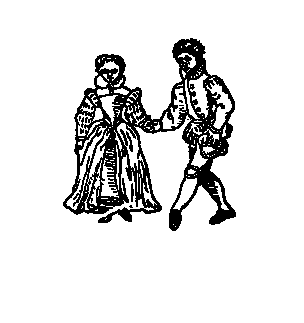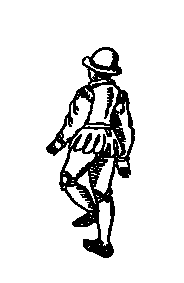 |
| Part 3 | World of Things |
 |
The sucker is the over credulous person, the person who
does not realize the difference between himself and those
he challenges. His involvement in the situation is seen
as voluntary, indeed as deliberately sought; and
consequently he has nobody but himself to blame if he is
ruined and destroyed.
According to American ethics, it is morally wrong to
attack a person weaker than oneself; but if the weaker
attacks (or is provoked into attacking) it is not wrong
to use all one's strength against him. The ideal of
justice is reconciled with the recognition of inequality
by the fiction that the weaker always has the choice of
whether he will challenge the stronger or not.
|
|
It is probably this situation which helps account for one of the more
striking paradoxes in the American world of business and things. Although success is so vitally important for the individual that he will
often work himself to death or to a nervous breakdown to attain, maintain,
and increase it, failure, especially sudden and dramatic failure-ruin-is
not correspondingly disastrous. A complete setback need not, and generally
does not, destroy all self-confidence.
|
 |
A slow decline is generally psychologically far more
crippling than a complete disaster, for a slow decline
suggests increasing incompetence, whereas disaster is a
"bad break" in which the ego is not involved; it is
viewed as it were an "act of God' as described in
insurance policies.
The competition between near equals (or those supposed to
be so) is regulated by the government, through the laws;
indeed the chief, and for many the only essential
function of government is this regulation of competition.
|
|
By and large, these regulations are not conceived of as moral imperatives,
are not incorporated into the character; they are viewed rather as
limitations and obstacles which should be treated with respect, but which a
clever person may use to his advantage and, on occasion, get around. Anyone who can "get away with" an infraction of the rules, especially the
rules of the government, without being caught or penalized is an object of
admiration rather than of reprobation.
|
[ 1 ]
[ 2 ]
[ 3 ]
[ 4 ]
|
|
THE AMERICAN PEOPLE,
a study in national character, by Geoffrey Gorer,
W.W.Norton & Company, NY
Copyright © 1948 and 1964
|
|
 |